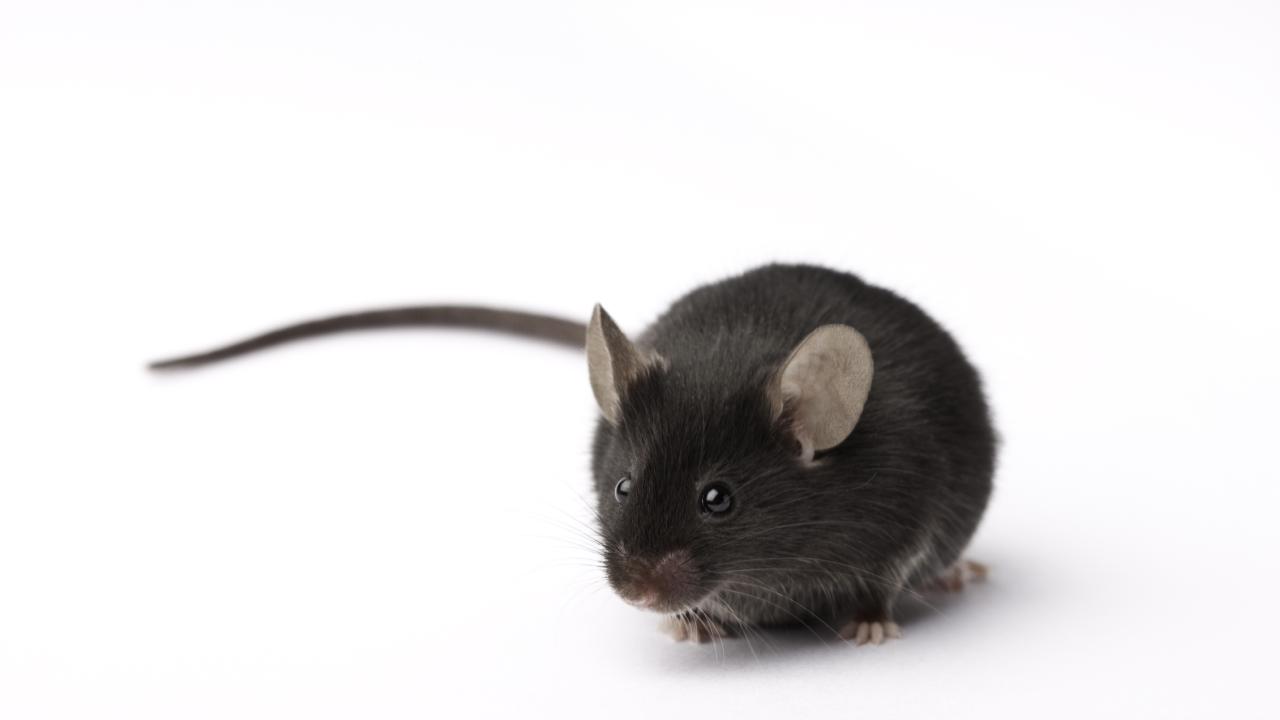Creating a new type of ‘humanized mouse’ that can be infected with HIV is the goal of new project at the Mouse Biology Program of the University of California, Davis. The work is funded with a grant of nearly $500,000 from the National Institutes of Health.
Since the beginning of the HIV/AIDS pandemic, researchers have sought animal models for the human disease. These models, including non-human primates infected with the related simian immunodeficiency virus (SIV) and ‘humanized’ lab mice, have played a vital role in advancing our knowledge of HIV/AIDS and in developing the antiretroviral treatments that can prevent infection and enable people to live long-term with HIV. Yet both models still have shortcomings.
Humanized mice are lab mice that have been modified to be susceptible to human HIV. These may be immunodeficient mice transplanted with human cells or tissues, or mice genetically modified to express human cell markers.
In the new project, Professor Kent Lloyd, director of the Mouse Biology Program, and colleagues will use CRISPR/Cas9 technology to insert the human genes for three immune cell proteins, CD4, CCR5 and C1qbp into the corresponding locations in the mouse genome. These three proteins are known to be crucial for HIV to invade, survive and reproduce itself inside cells.
“For the first time, this will recapitulate what is required for human cell susceptibility to productive and restrictive HIV-1 infection,” Lloyd said. “Unimpeded viral growth in mouse cells will facilitate novel preventative, therapeutic and cure strategies.”
The new mouse model could be used both for in vitro experiments with mouse cells in culture and for experimental studies in mice, Lloyd said. The mice will be shared with the biomedical research community, he said, through the Mutant Mouse Resource and Research Center (MMRRC), another NIH-supported resource at UC Davis. The grant, which is for 1 year, includes a subcontract to the University of Nebraska Medical Center.
